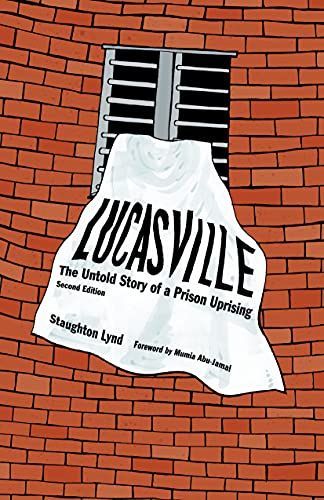
Lucasville The Untold Story of a Prison Uprising
Lucasville tells the story of one of the longest prison uprisings in U.S. history. At the maximum-security Southern Ohio Correctional Facility in Lucasville, Ohio, prisoners seized a major area of the prison on Easter Sunday, 1993. More than 400 prisoners held L block for eleven days. Nine prisoners alleged to have been informants, or “snitches,” and one hostage correctional officer, were murdered. There was a negotiated surrender. Thereafter, almost wholly on the basis of testimony by prisoner informants who received deals in exchange, five spokespersons or leaders were tried and sentenced to death, and more than a dozen others received long sentences. Lucasville examines the causes of the disturbance, what happened during the eleven days, and the fairness of the trials. Particular emphasis is placed on the interracial character of the action, as evidenced in the slogans that were found painted on walls after the surrender: “Black and White Together,” “Convict Unity,” and “Convict Race.” An eloquent Foreword by Mumia Abu-Jamal underlines these themes. He states, as does the book, that the men later sentenced to death “sought to minimize violence, and indeed, according to substantial evidence, saved the lives of several men, prisoner and guard alike.” Of the five men, three black and two white, who were sentenced to death, Mumia declares, “They rose above their status as prisoners, and became, for a few days in April 1993, what rebels in Attica had demanded a generation before them: men. As such, they did not betray each other; they did not dishonor each other; they reached beyond their prison ‘tribes’ to reach commonality.”